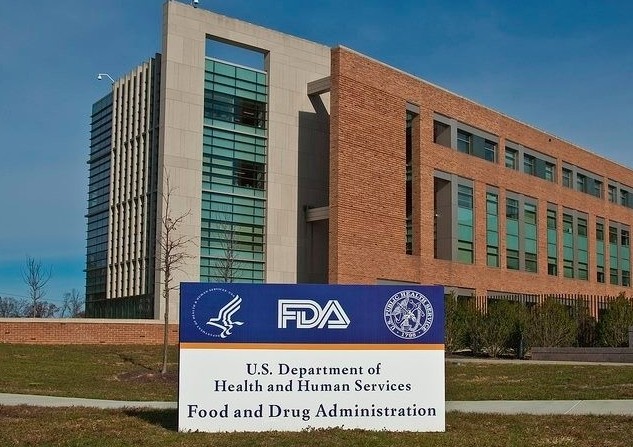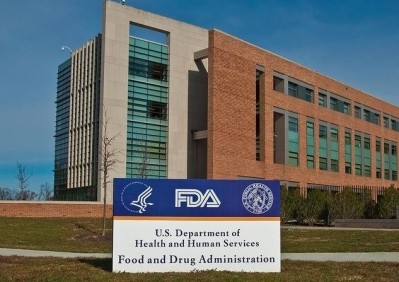FDA’s plan for faster medical device approval could boost personalized nutrition trend

In the pilot software precertification program announced last week, manufacturers that have been ‘excellence appraised’ could submit documentation for new devices in a way that enables them to bring the products on the market much more quickly than in the past.
Part of larger action plan
The pilot program is part of FDA’s Digital Health Innovation Action Plan, which was announced last year.
“Digital technologies create new opportunities to transform health care and empower patients to make better informed decisions about their health. Digital tools are rapidly evolving, and to keep pace with this promising innovation, the FDA must modernize its approach to regulation,” FDA Commissioner Dr Scott Gottlieb, MD, said in a statement accompanying the release of the pilot program.
Nine companies cooperated with FDA in developing the pilot program. They are:
- Apple, Cupertino, CA
- Fitbit, San Francisco, CA
- Johnson & Johnson, New Brunswick, NJ
- Pear Therapeutics, Boston, MA
- Phosphorus, New York, NY
- Roche, Basel, Switzerland
- Samsung, Seoul, South Korea
- Tidepool, Palo Alto, CA
- Verily, Mountain View, CA
Qualifications for ‘excellence’
More than 100 companies had applied to participate in the effort to develop the pilot regulatory framework, which began in late September. Part of that effort was to set the criteria for how a medical device software developer could qualify as being ‘excellent.’
“The number of applicants speaks to the significant impact this approach could have on facilitating timely advancement of software that has the potential to benefit health. The diversity of the Pre-cert pilot program participants means that we will receive a variety of input on how the industry defines organizational excellence and other key performance indicators,” said Bakul Patel, associate director for digital health in the FDA’s Center for Devices and Radiological Health.
To be sure, most of these devices have straight medical applications. But increasingly, personalized nutrition approaches for the formulation and marketing of dietary supplements relies on gathering precise biomedical information including DNA profiles from customers. And these approaches are evolving to include monitoring of this data in real time. In this way this trend intersects with the latest developments in medical device technology.
Update was overdue
Ivan Wasserman, a partner in the law firm Amin Talati Upadhye, said the change in FDA’s approach to digital health devices is long overdue. The underlying framework for this regulatory update is almost as old as the personal computing age itself.
“The regulatory framework under which FDA regulates medical devices is even older than DSHEA, and it has not always been easy for FDA to apply it to the innovative consumer health and wellness products that are now possible with all of the rapid advancements in technology,” Wasserman told NutraIngredients-USA.
“As a law firm, from kits to determine specific nutritional needs or to evaluate microbiome diversity, to wearable health and wellness products like smartwatches and other monitors, we are seeing an increased interest in medical device regulation from our clients in the food and supplement industries, and we applaud FDA’s steps to modernize that regulation. Of course the confluence of supplements and these devices makes sense, as both types of product help consumers take charge of their own health,” he added.








